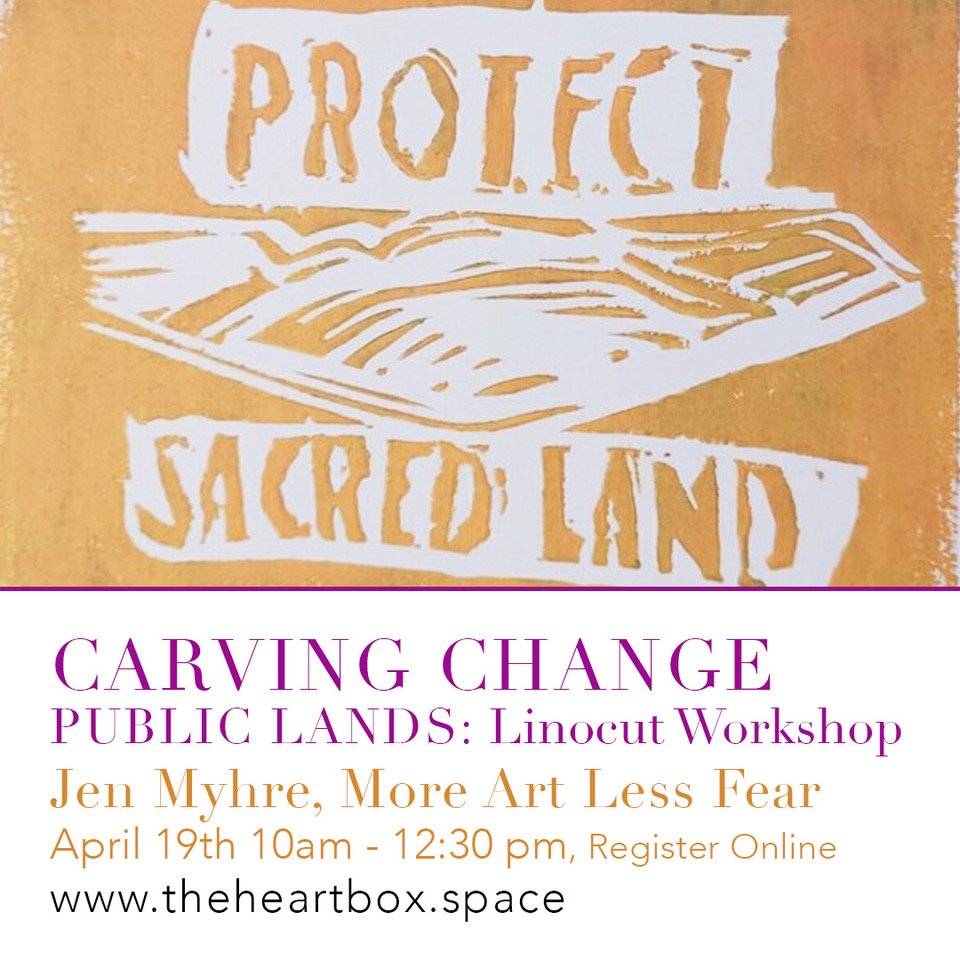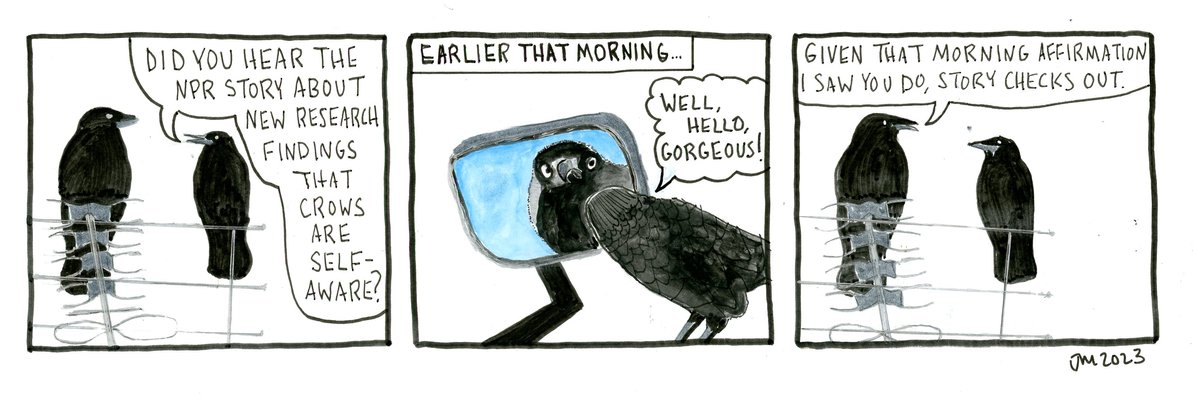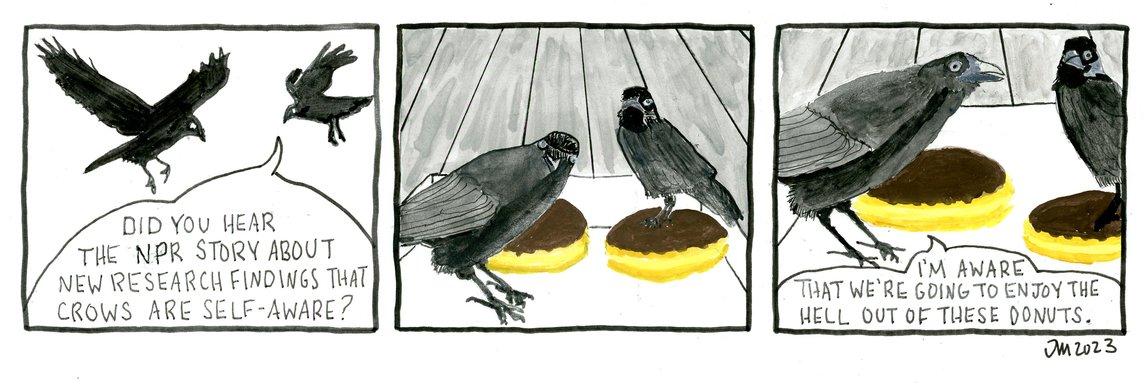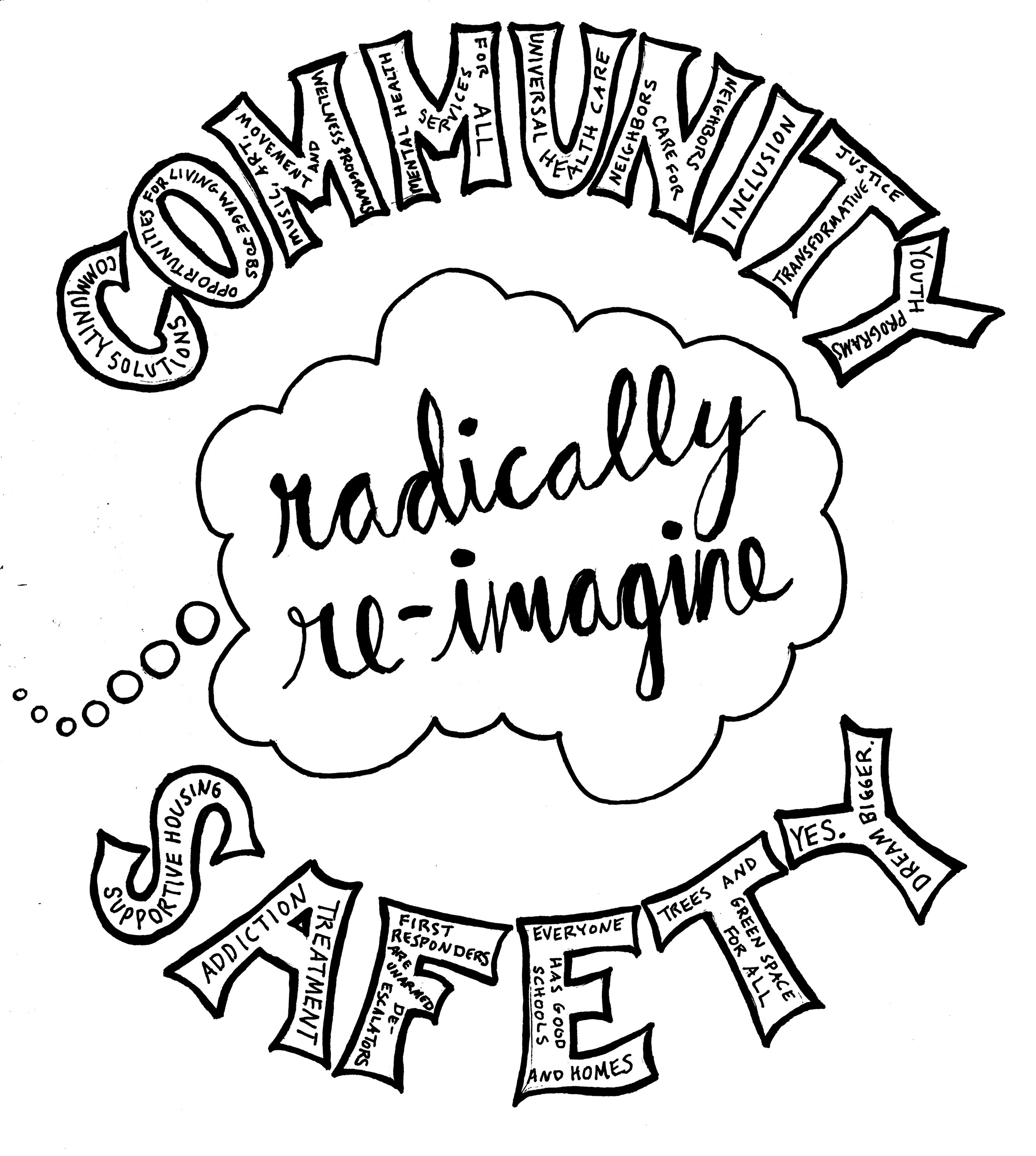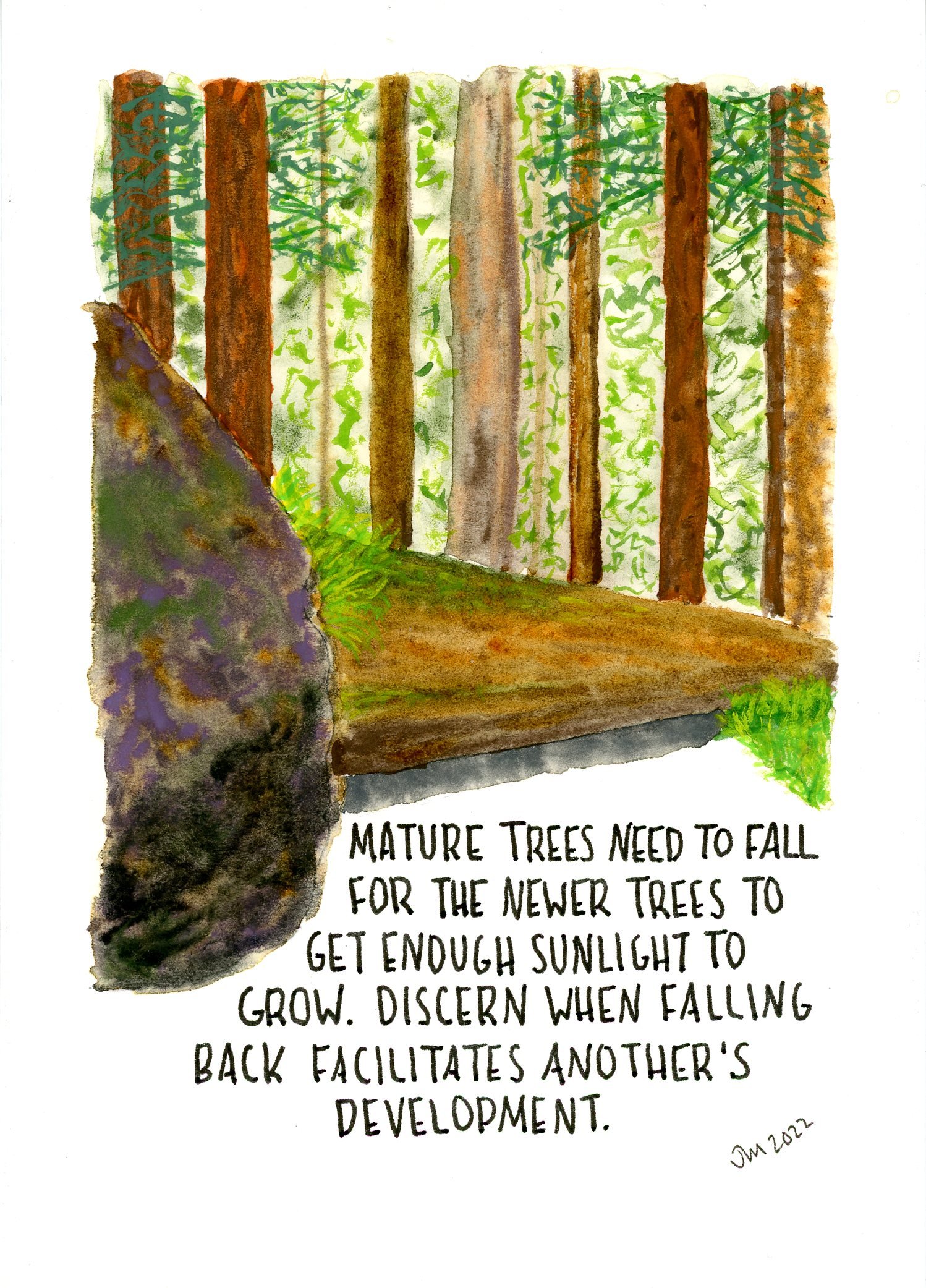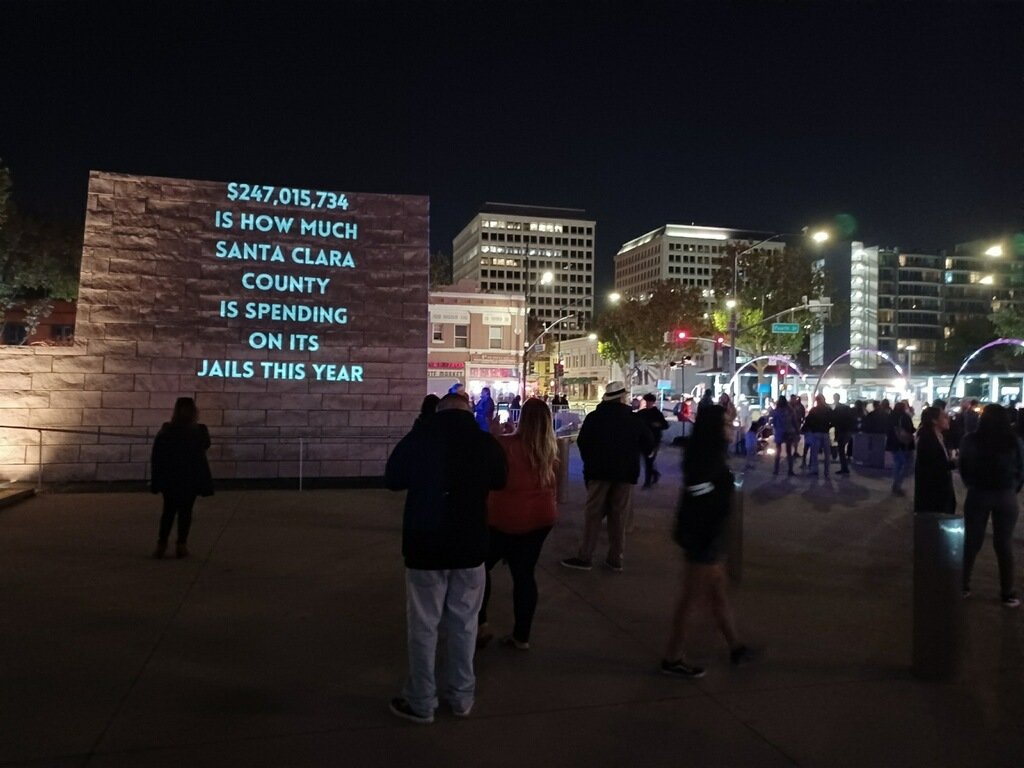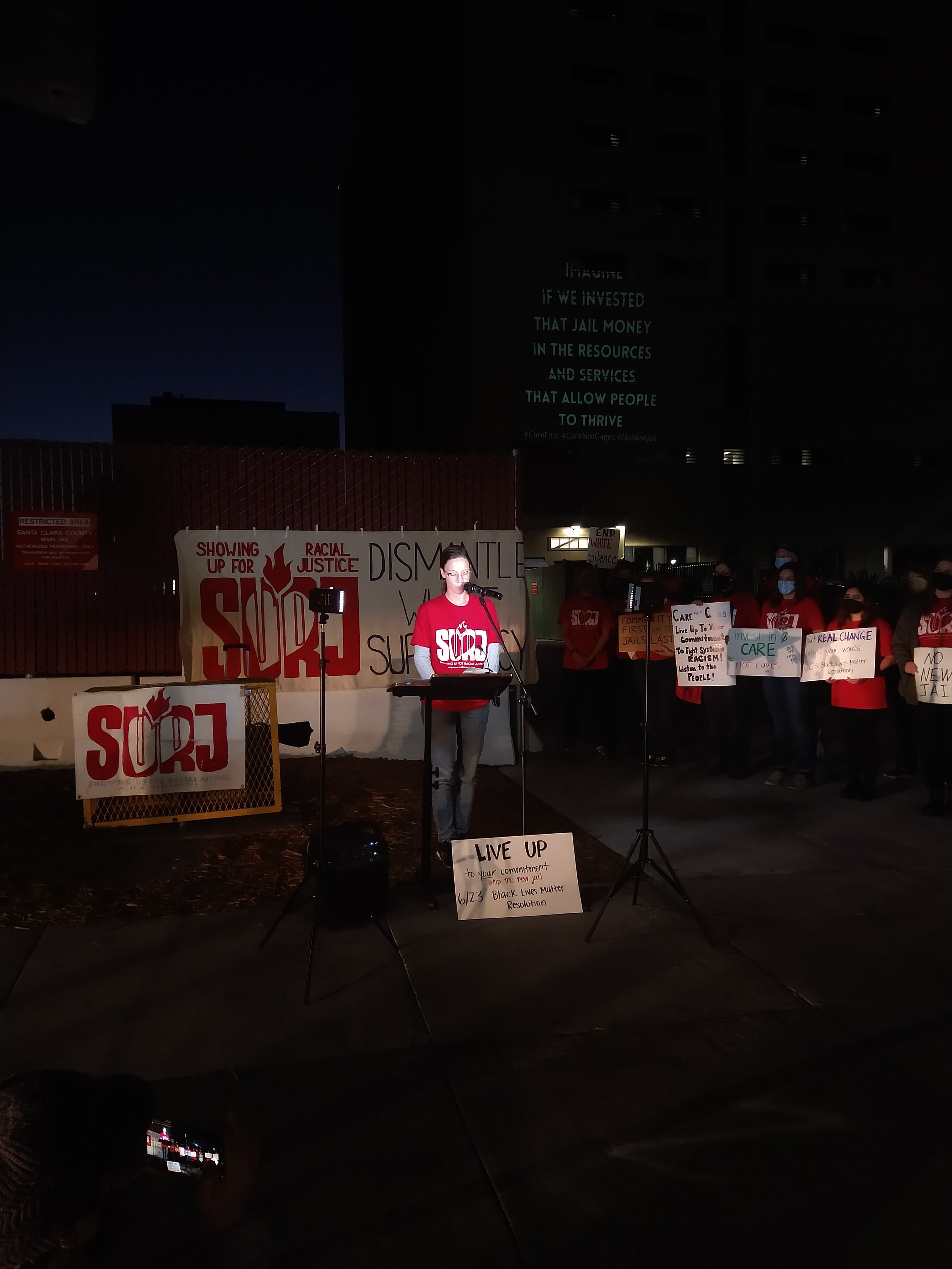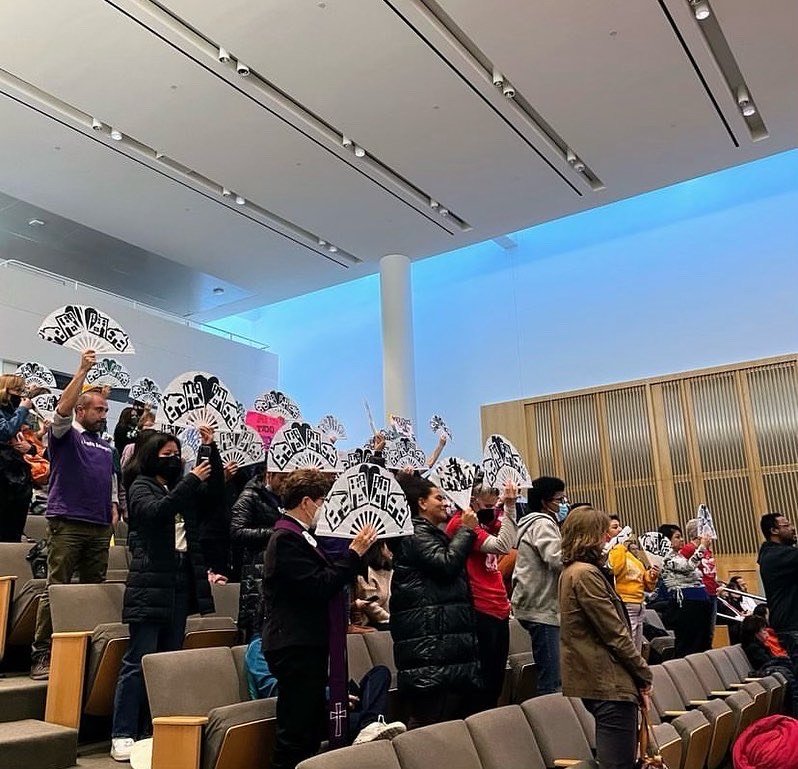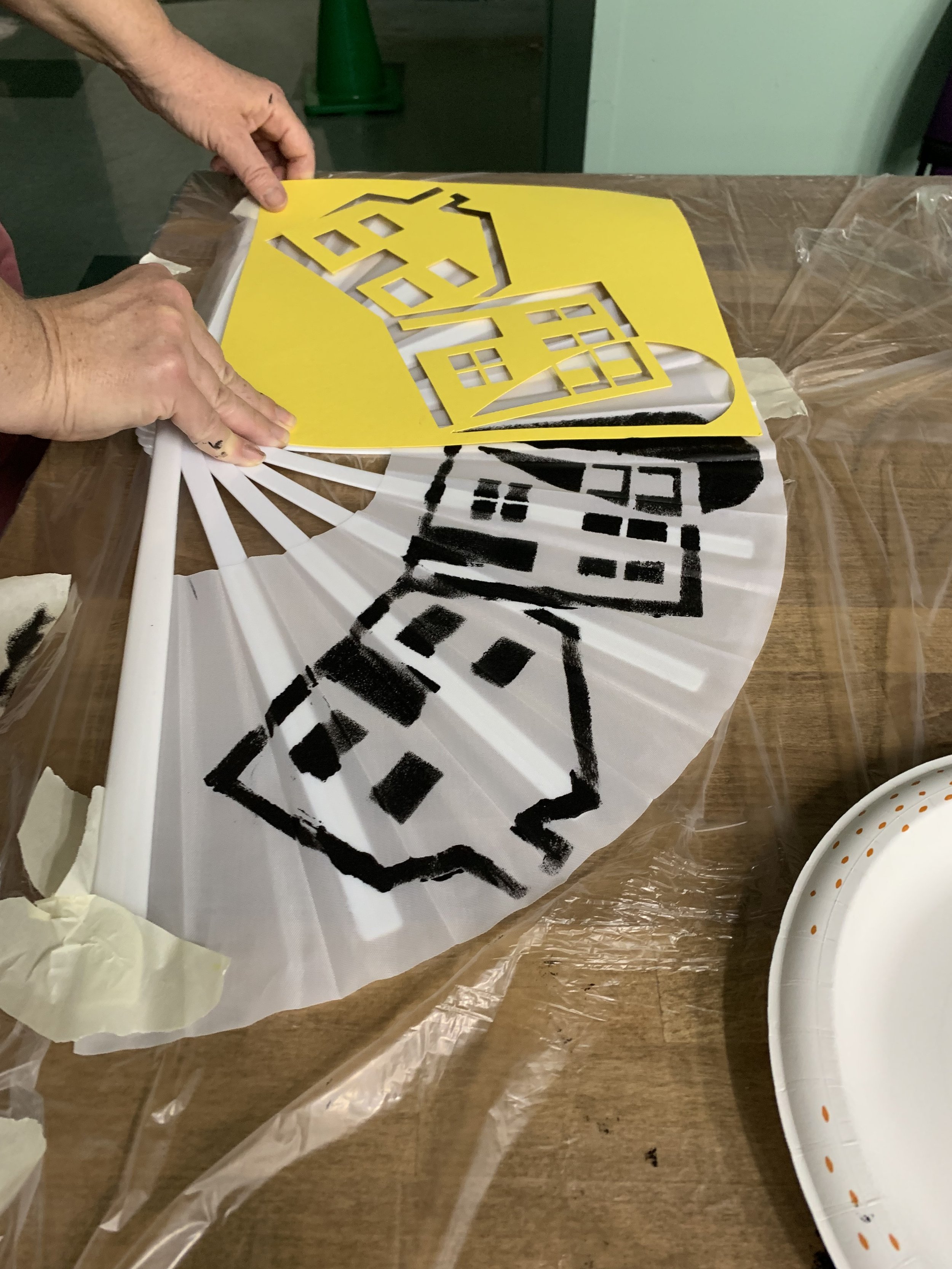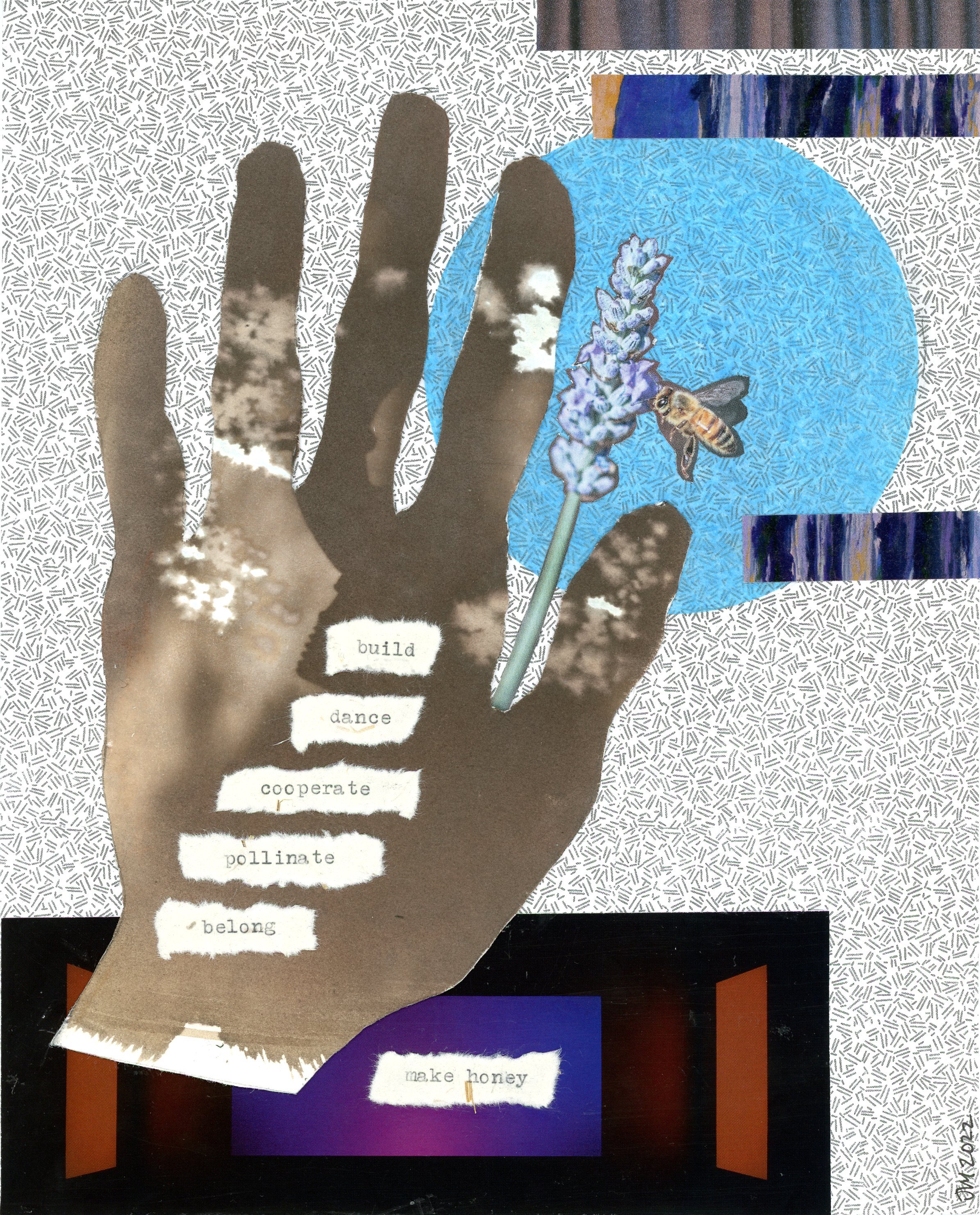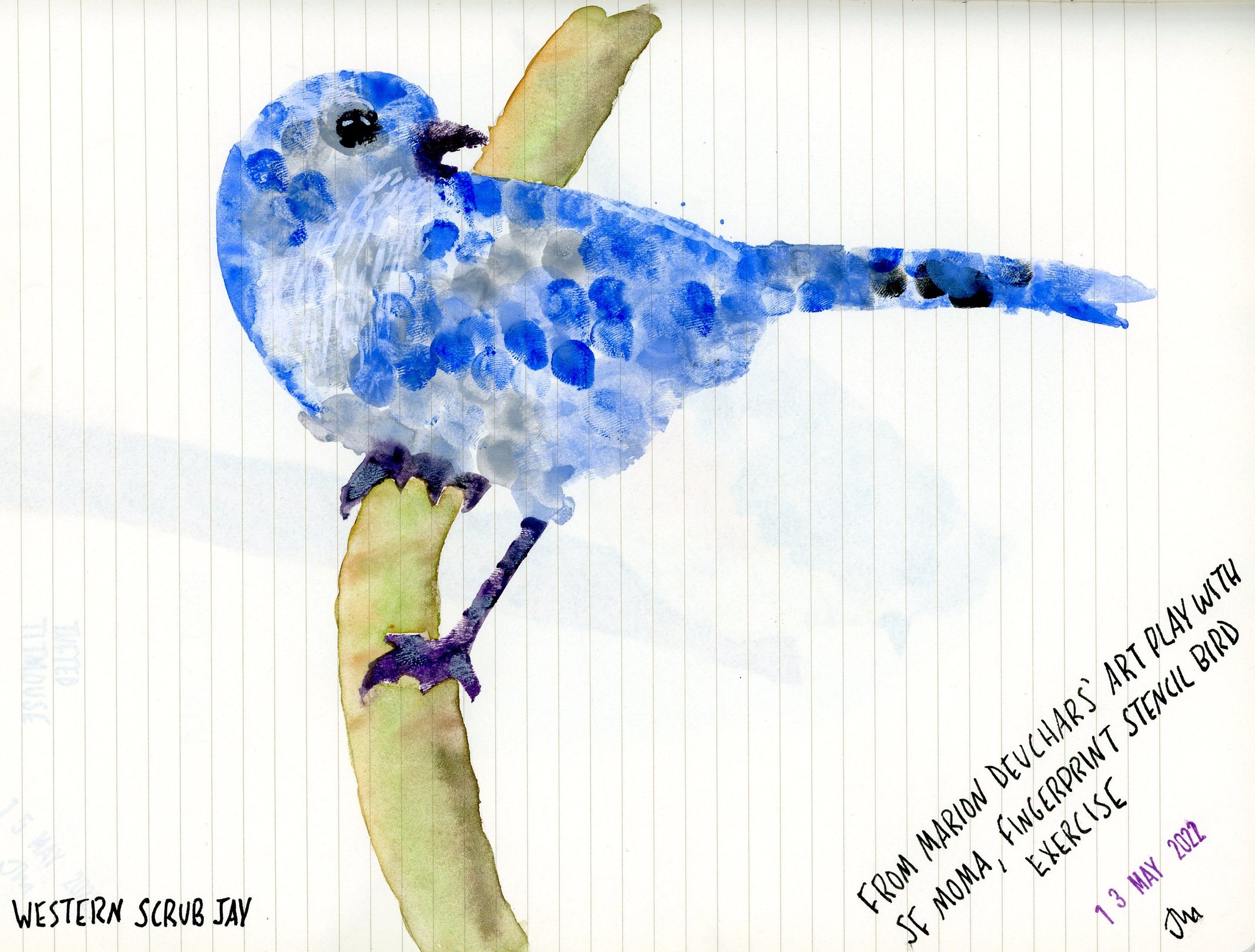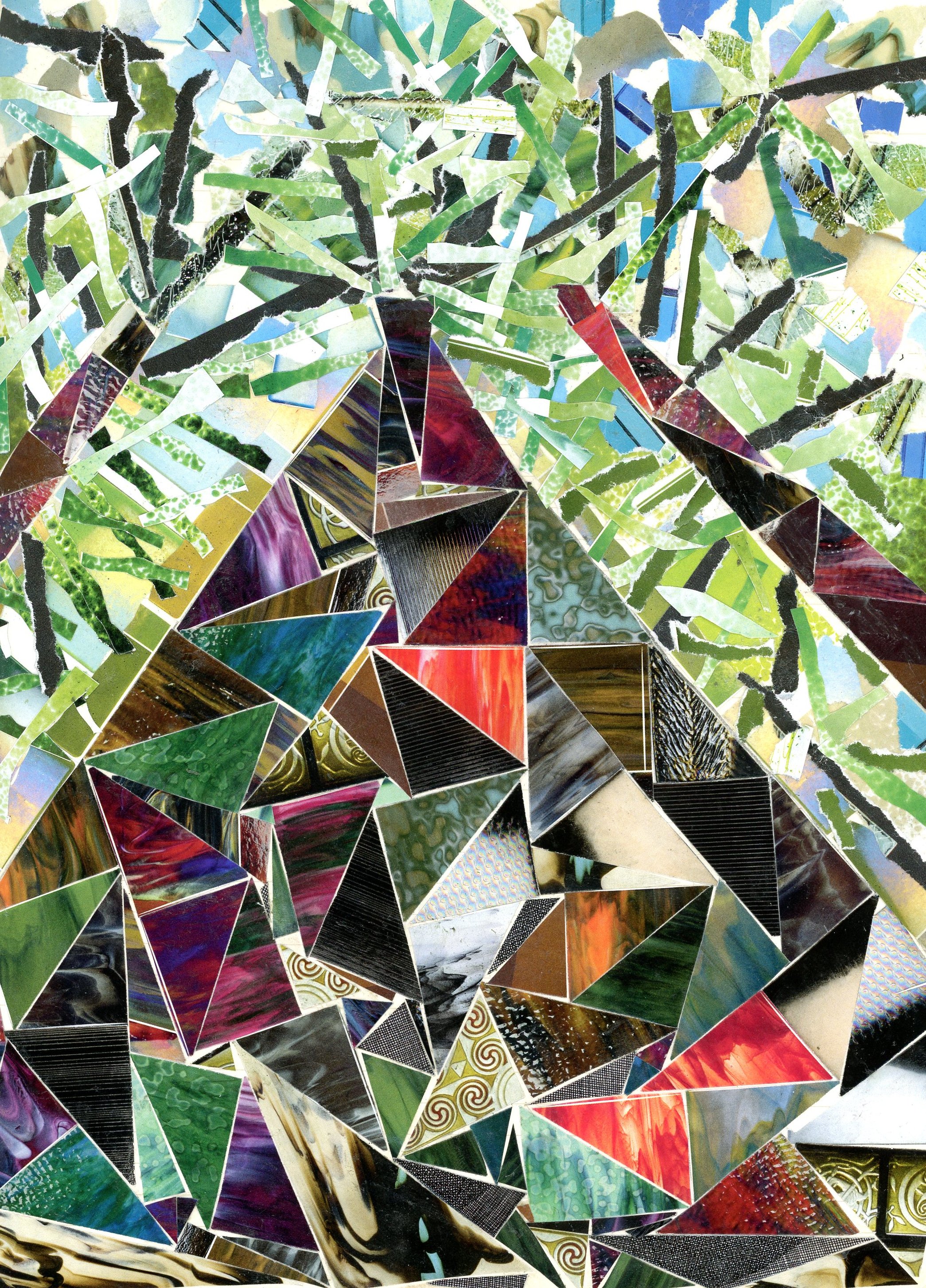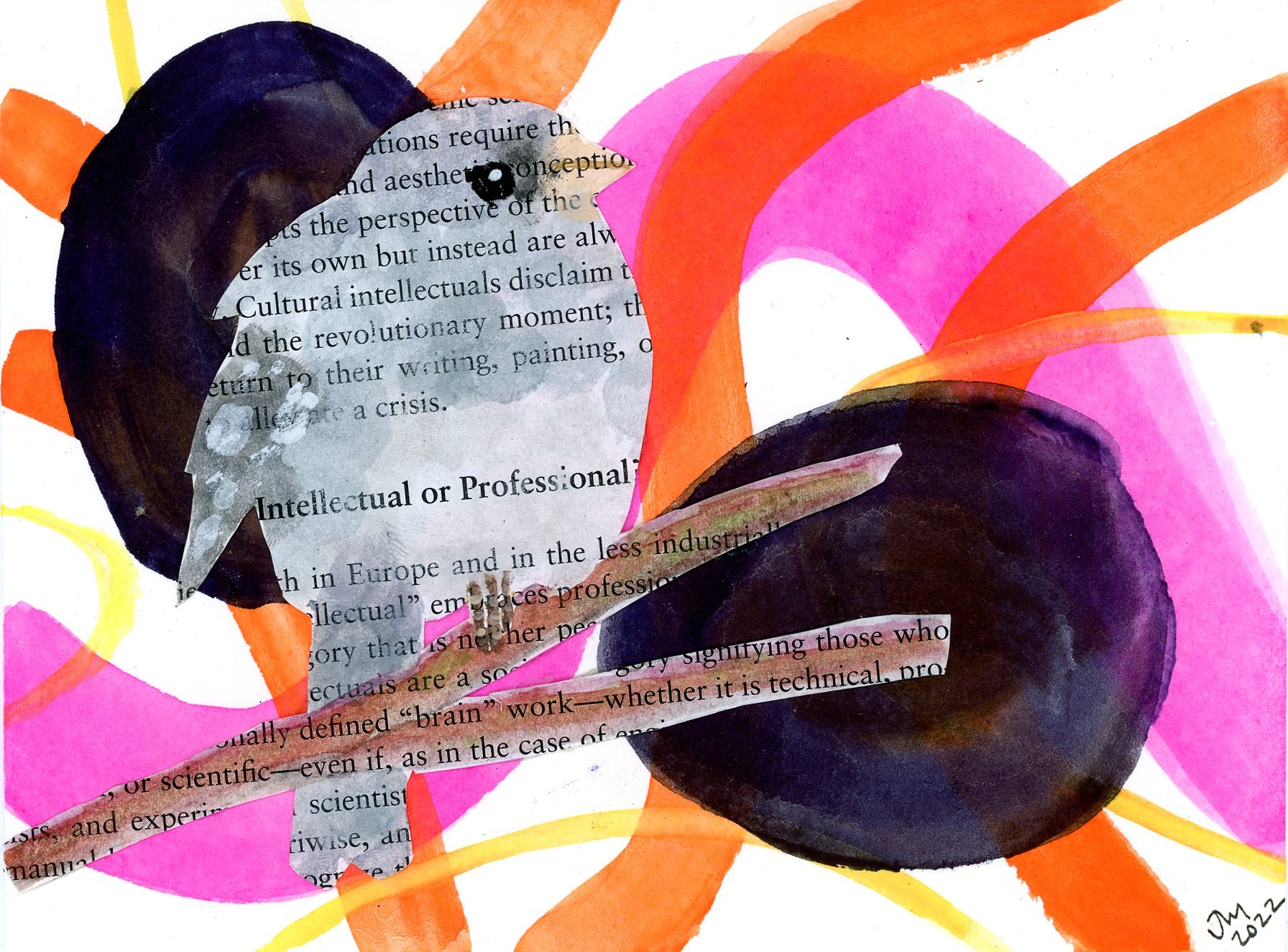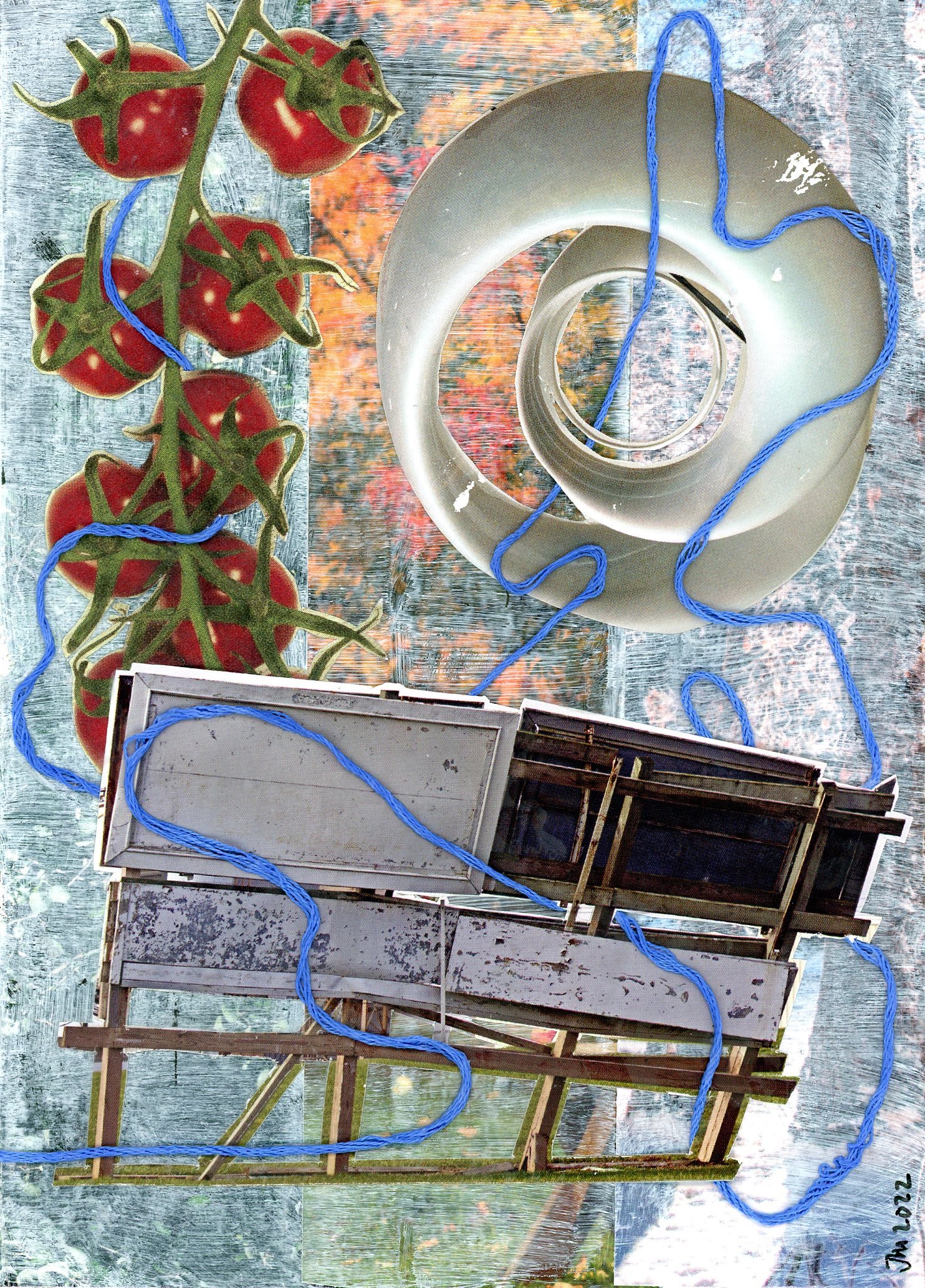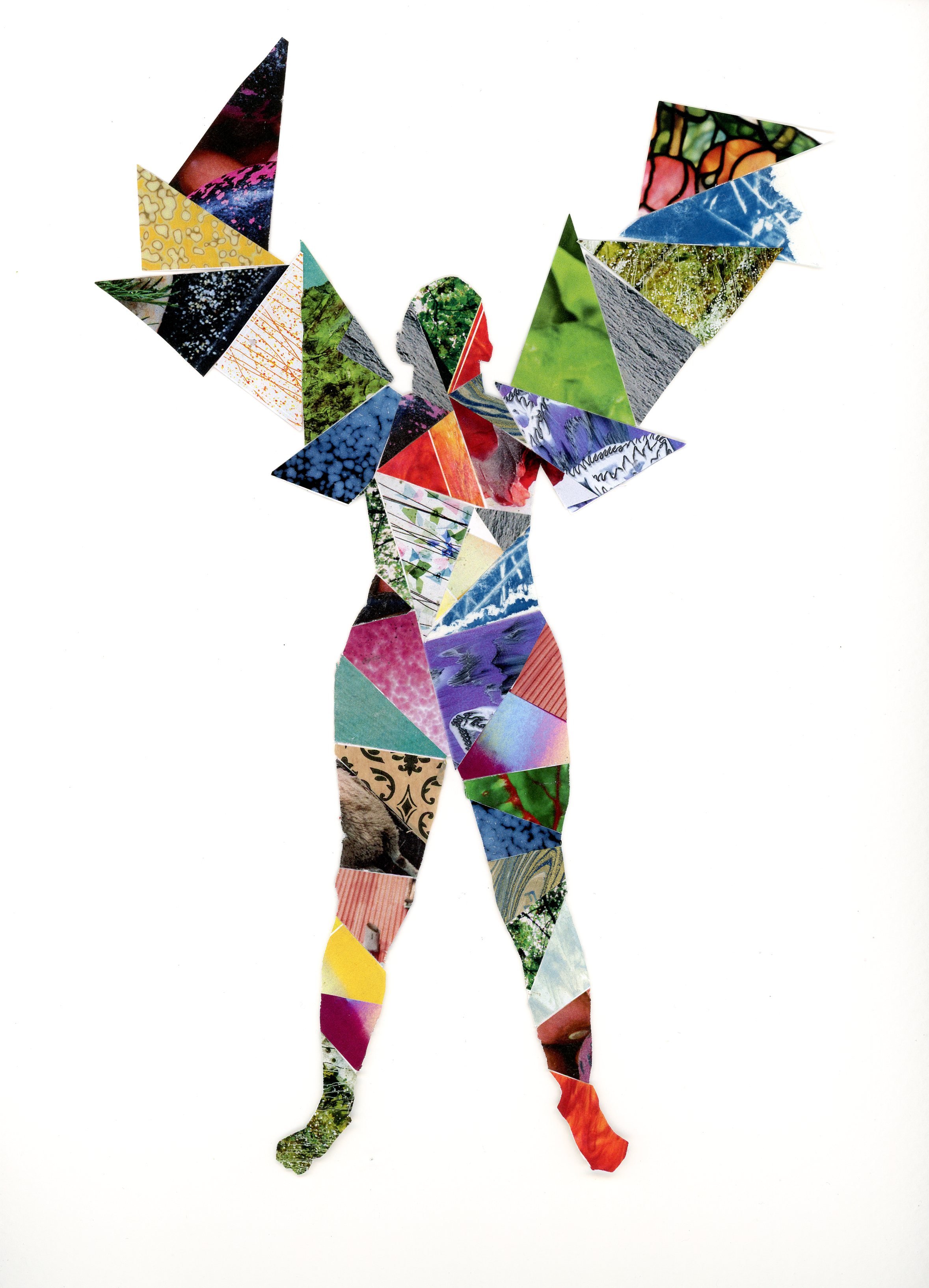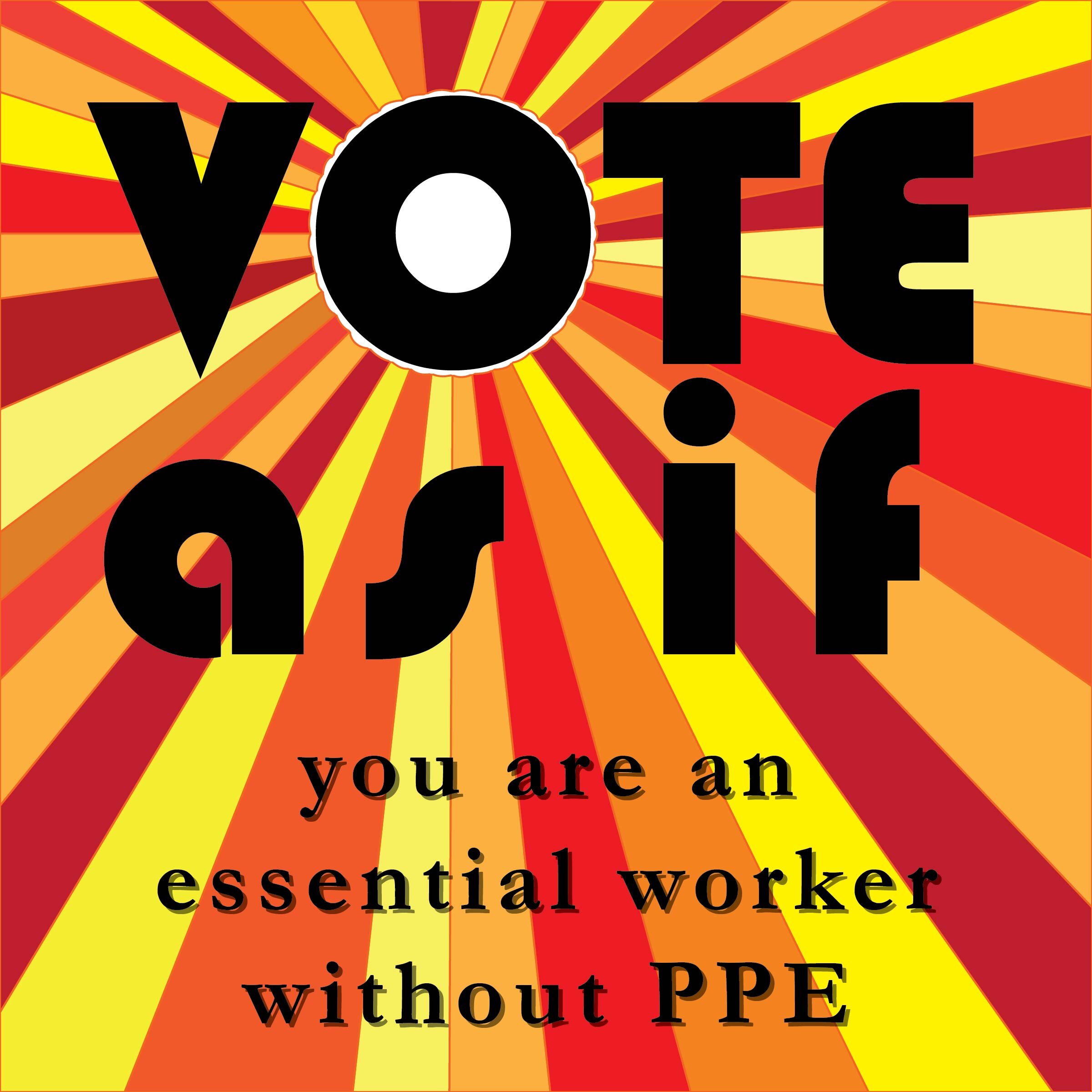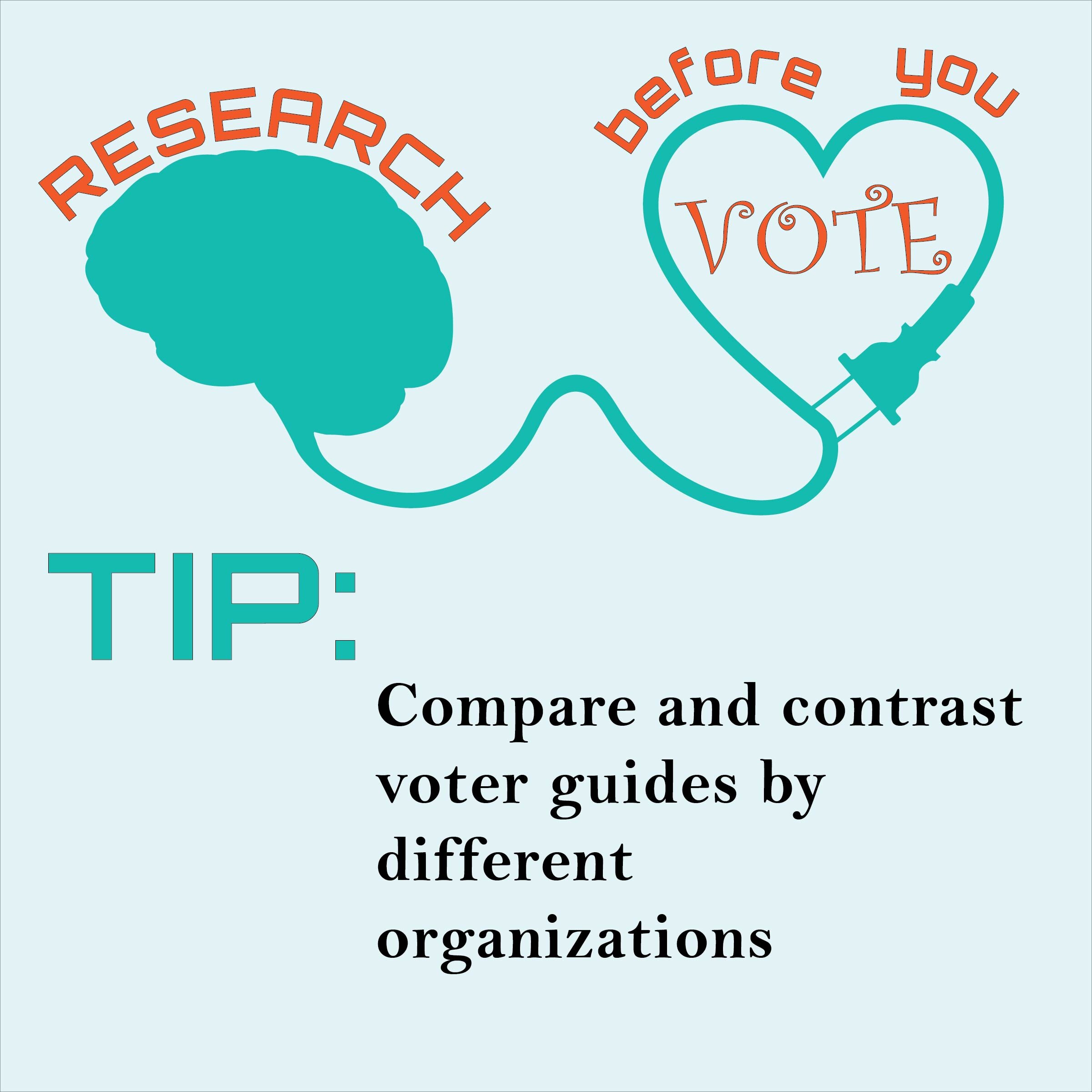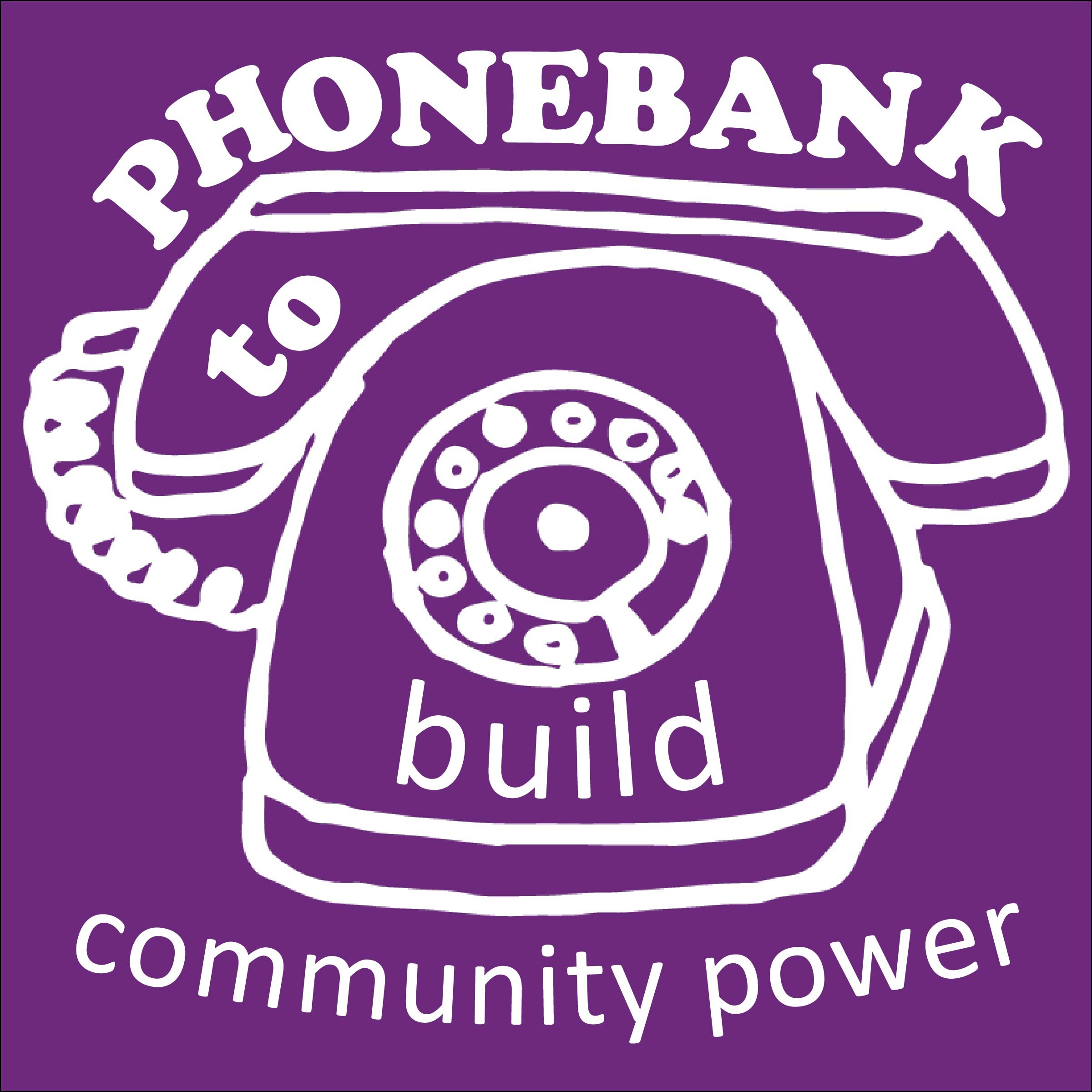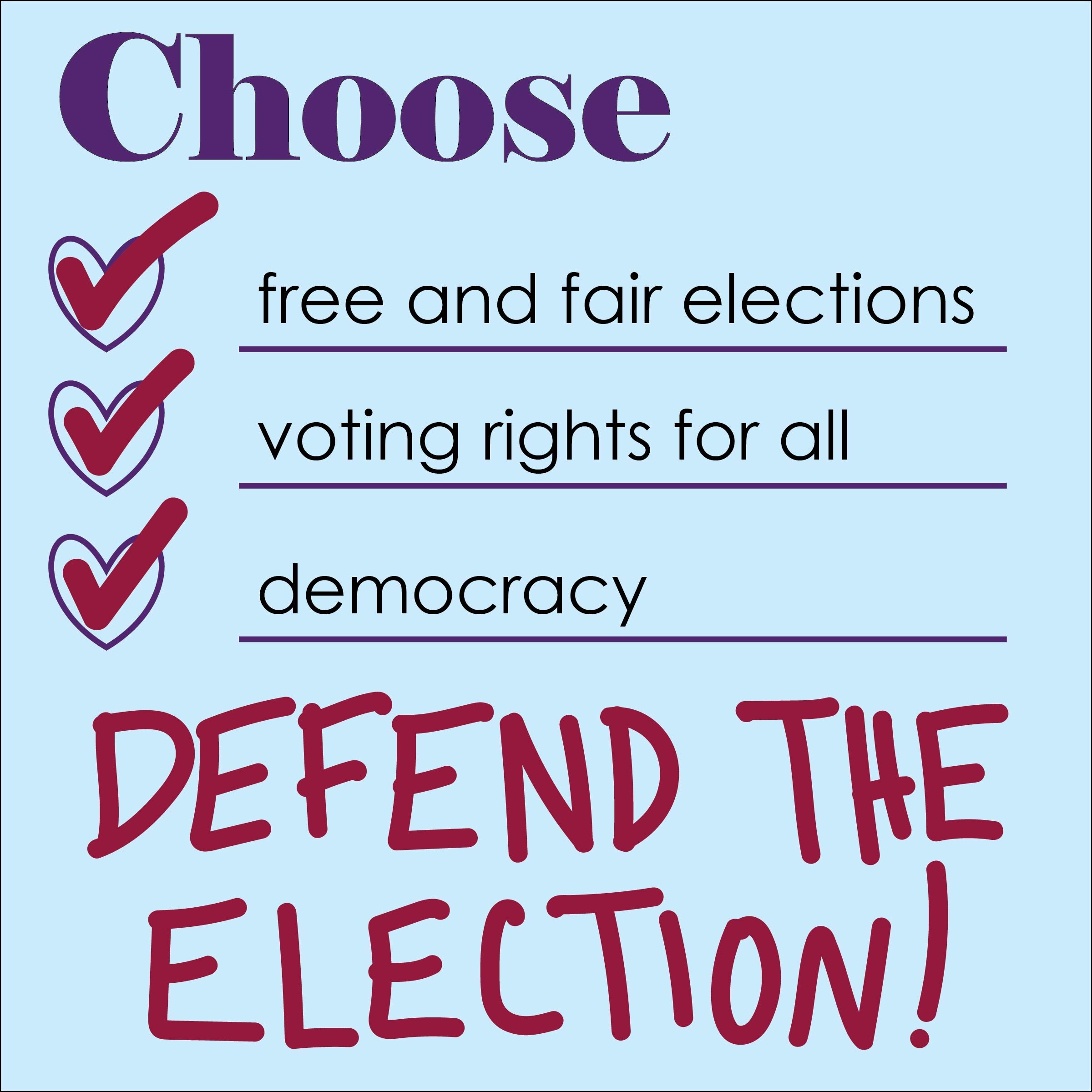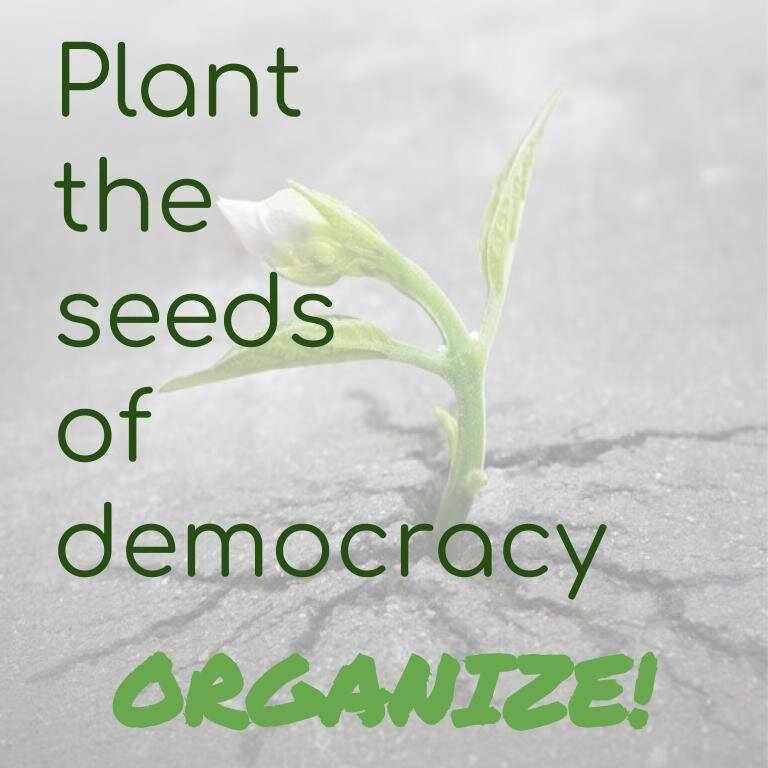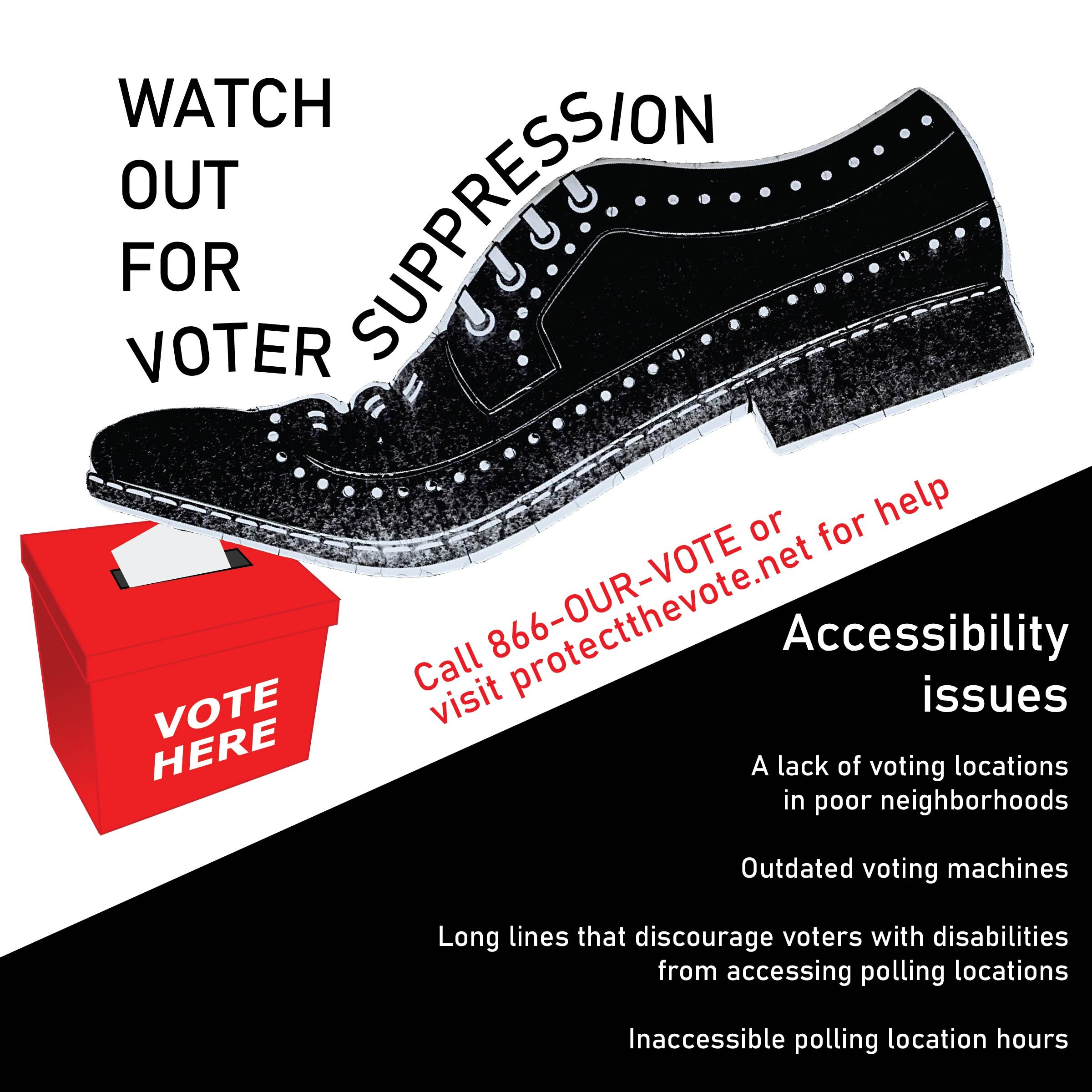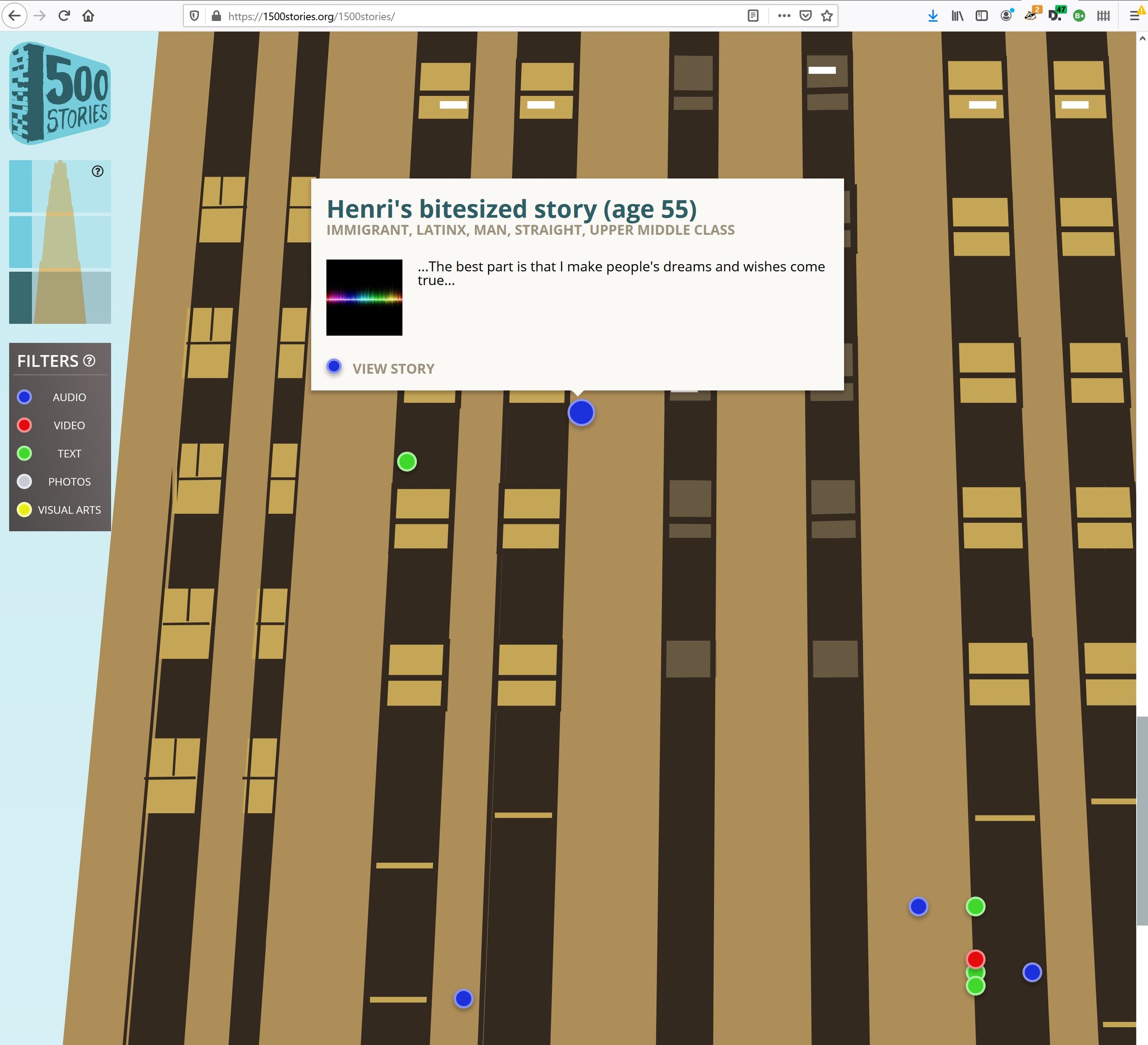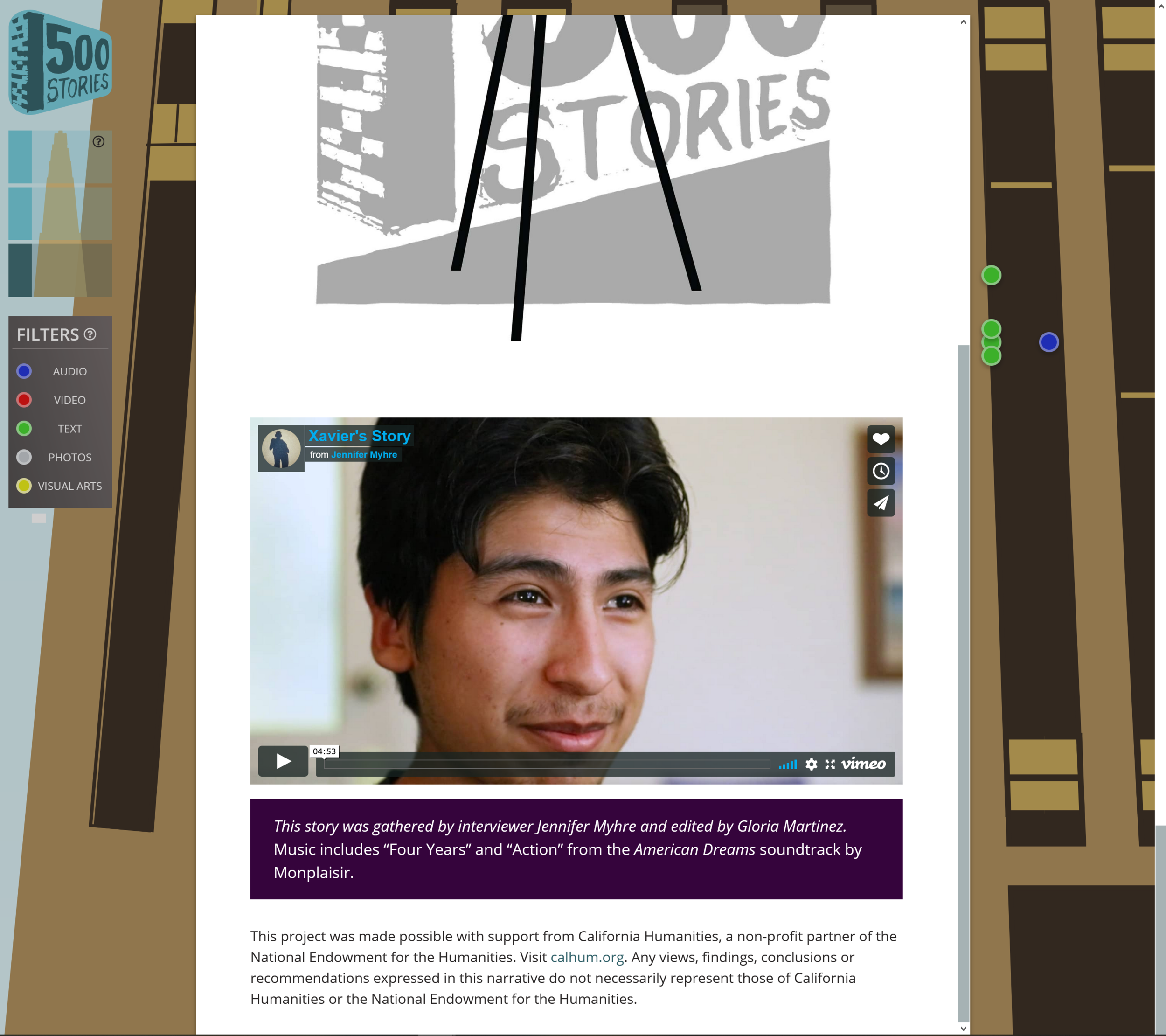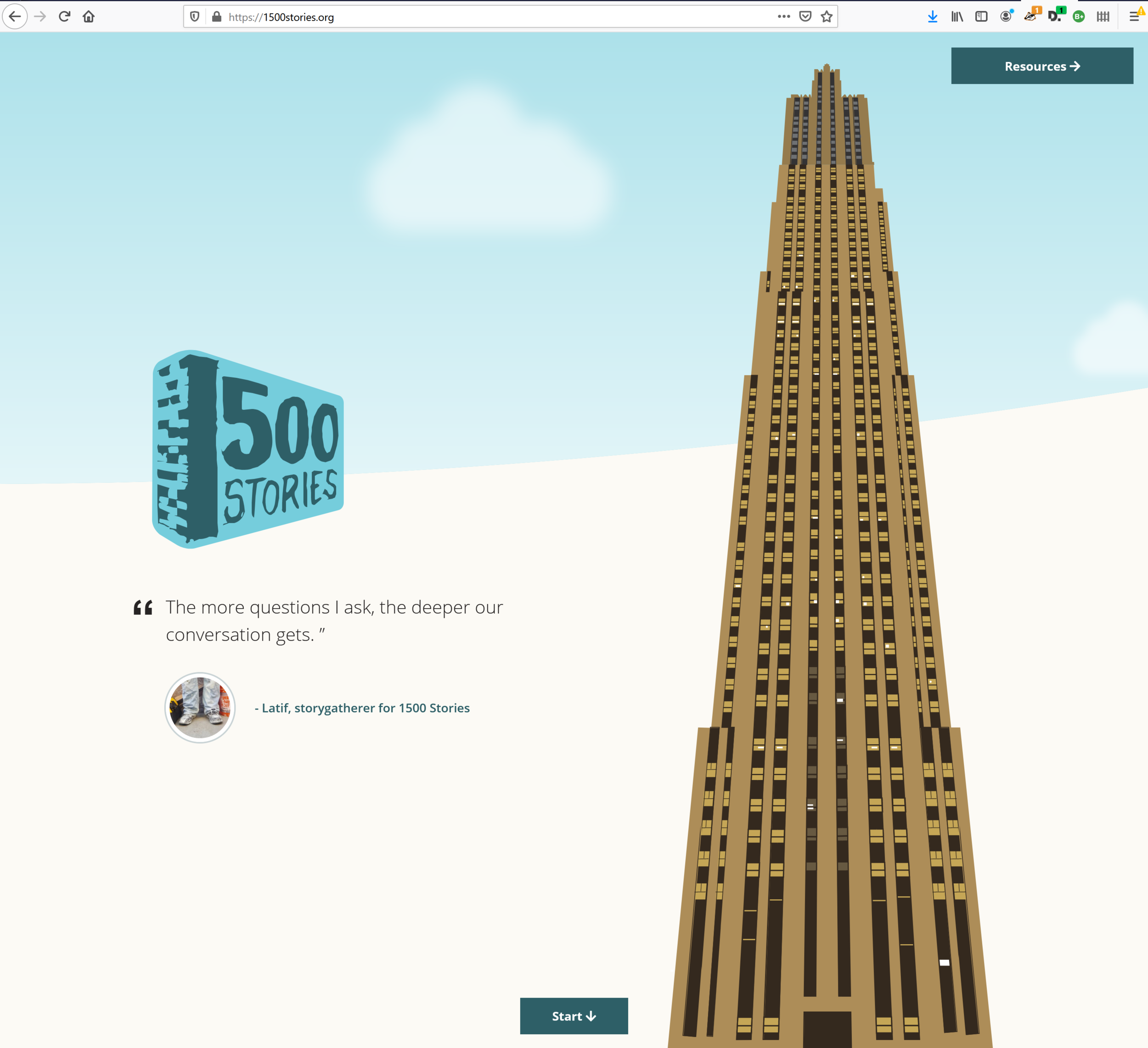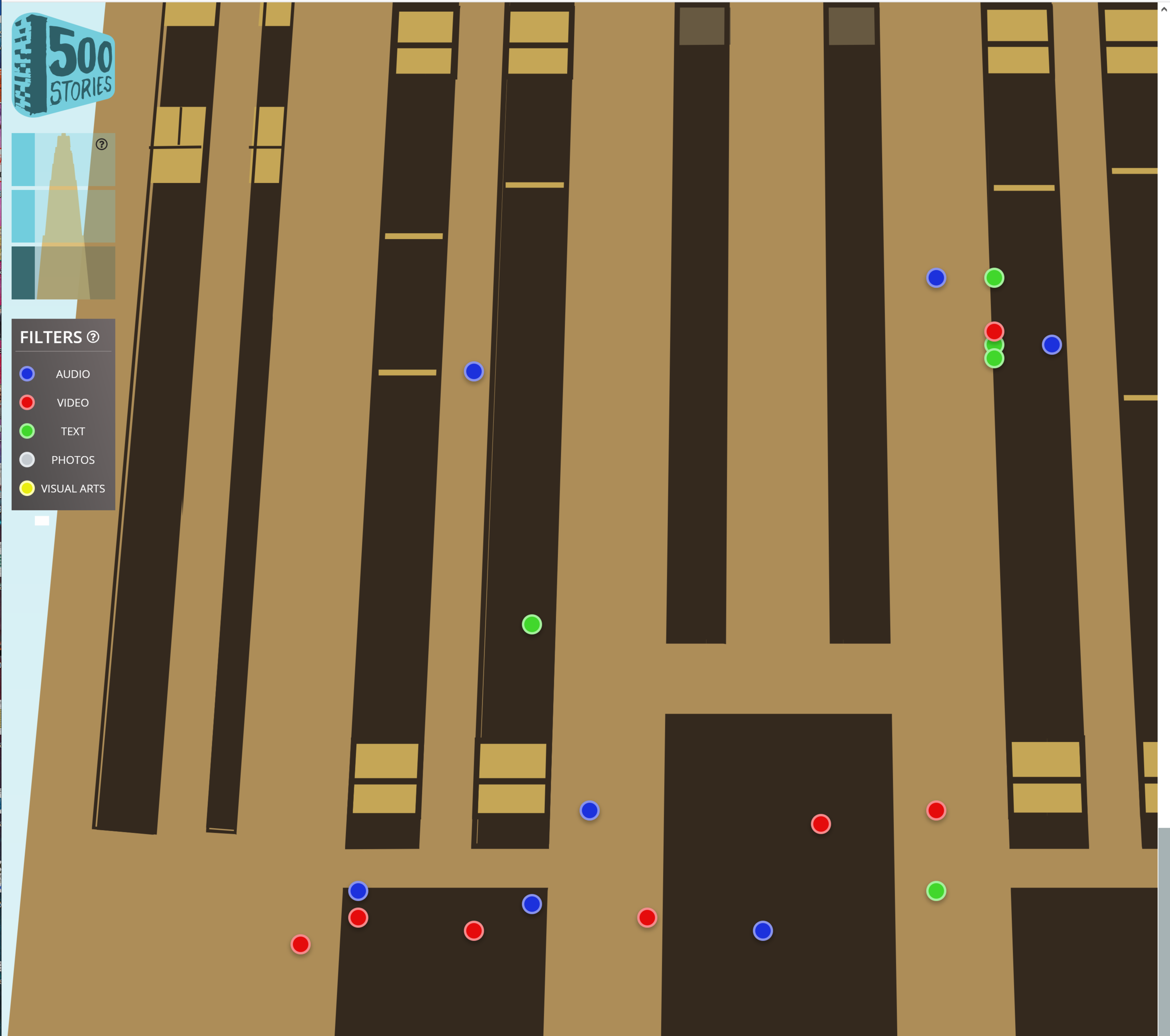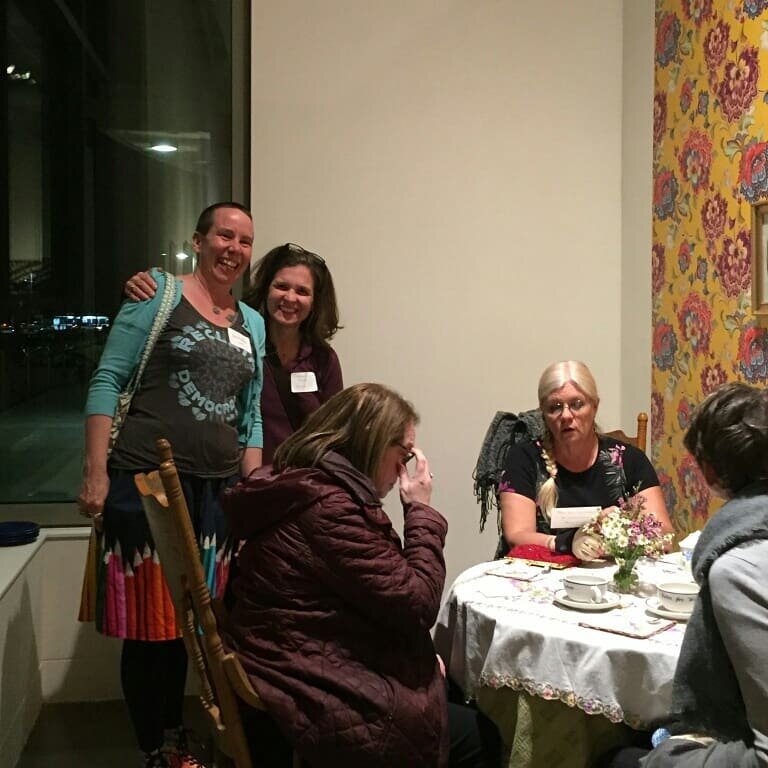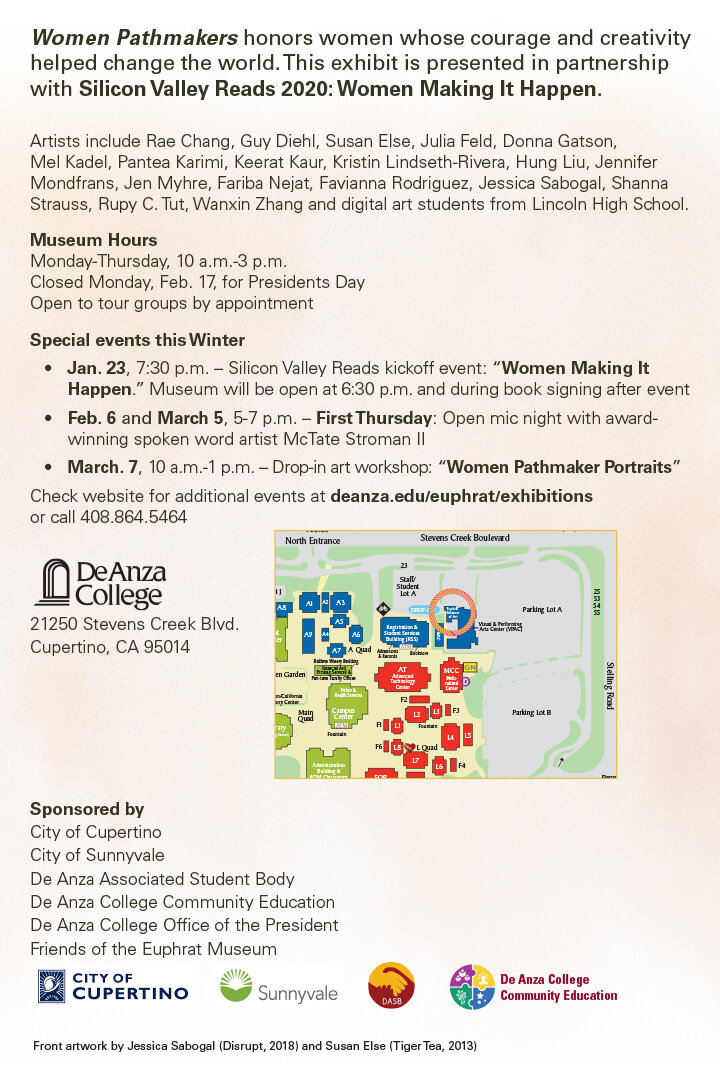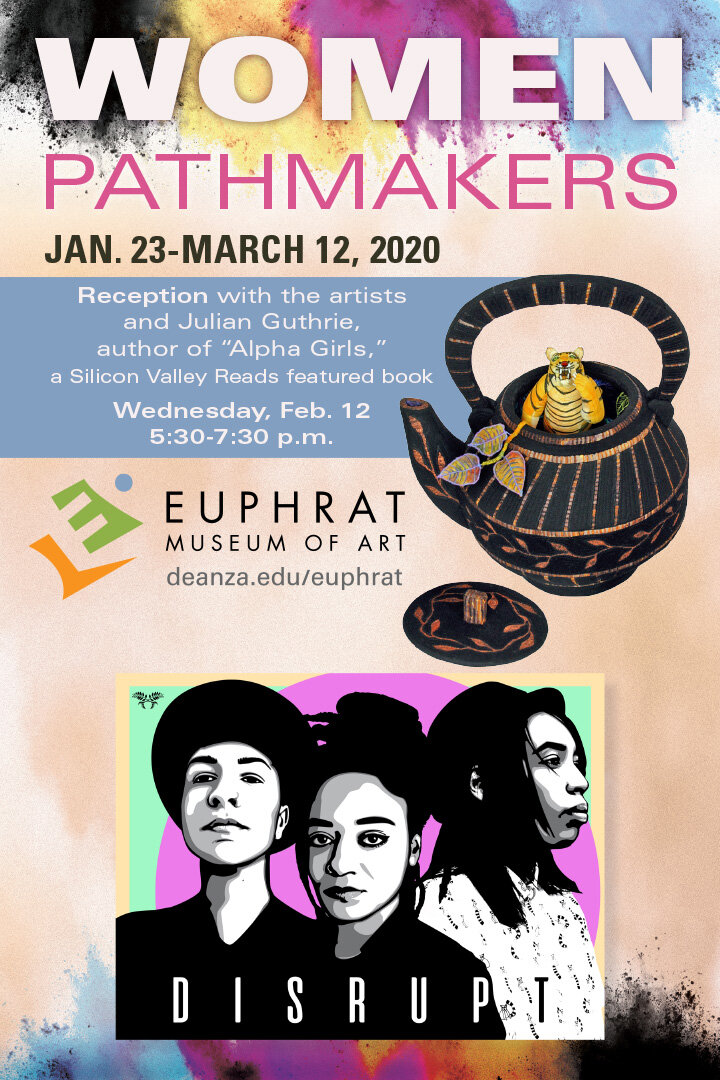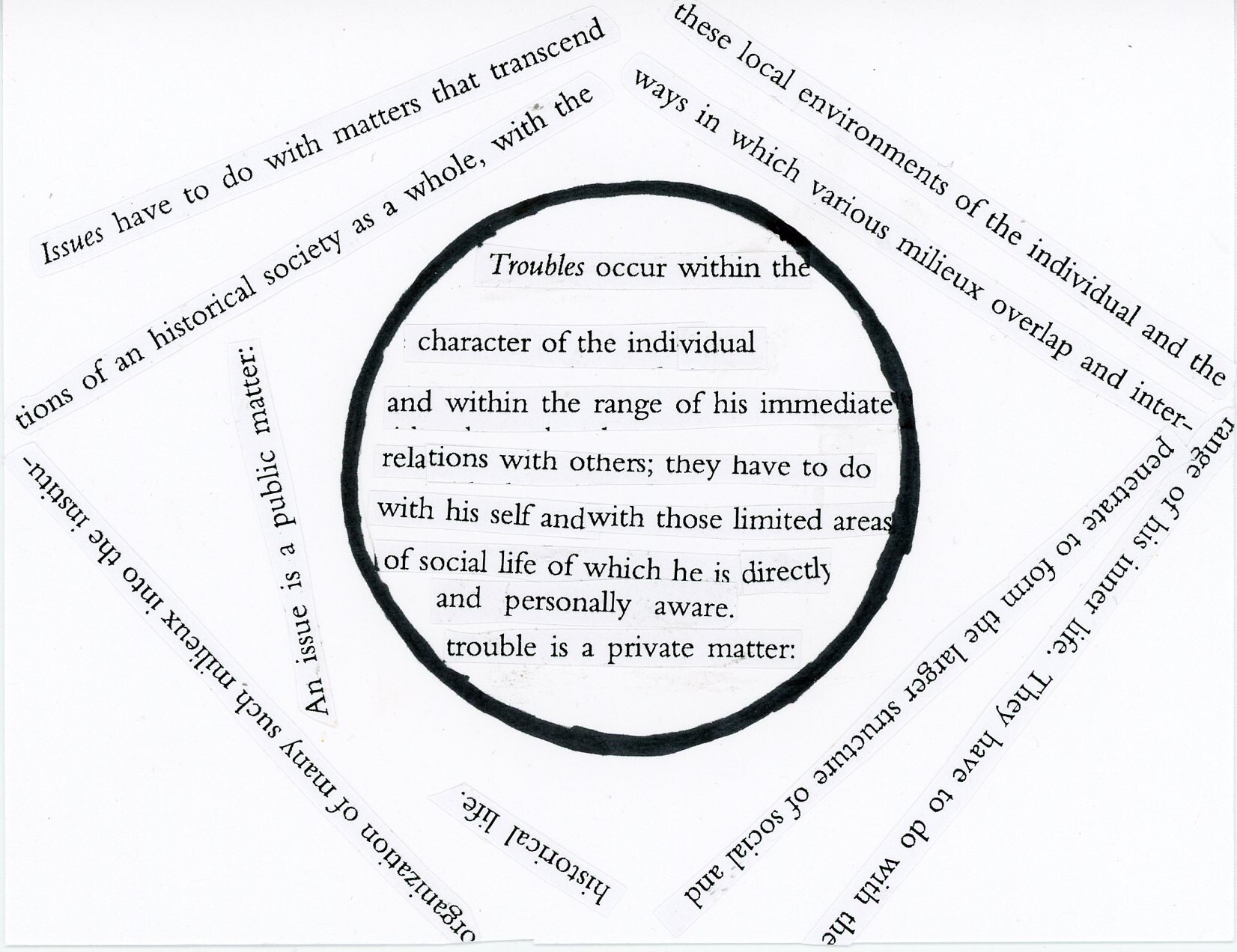In collaboration with Margaret Ernst and Kristen Snow with the national Showing Up for Racial Justice (SURJ) Cultural Workers, and creators of the White Artists for Racial Justice website, Alexis Macnab and I, from SURJ at Sacred Heart/San José, are co-facilitating this workshop series is for artists and organizers who want to gain skills and experience using art as a way to practice courage, commitment, and leadership in social justice work. SURJ believes that it is white people’s responsibility to organize other white people to dismantle white supremacy, because it is white people who historically and still today benefit from white supremacy. The Art and Culture Work working group at SURJ at Sacred Heart has been facilitating creative skills workshops since 2017 as part of our organizing.
By the end of the three part series, participants will have both designed and implemented their own Make Art Make Justice workshop in their communities. This intensive will share all the tools you need to develop, plan, and run your workshop, and discuss ways that practicing art with your members strengthens and uplifts organizing work for the long haul. Register HERE.
This workshop series is for you if:
You are an artist interested in engaging with, or sparking, justice work in your community
You are new to organizing and want to learn about it from the point of view of artistic process
You are an experienced organizer and want to develop more leaders in your organization, and find ways to strengthen engagement, retention, and relationships in your org
All workshops online! Accessible from anywhere!
Part 1 - Sunday, July 25 1-3pm PT
In this session we will give an introduction to the Make Art Make Justice model of art-based workshops for white anti-racist organizers, and share some recent case studies and resources developed by our chapter’s Art & Culture Working Group. Participants will get to know each other and start to build cohorts of support in order to start planning your art-based social-justice event.
Part 2 - Sunday, August 8 1-3pm PT
This will be primarily a working session where participants will have a chance to try out techniques, share tips and successes, and work through questions in the process of developing their Make Art Make Justice workshops. Drop-ins welcome, but this session is intended as a time to address specific ideas generated by work from the previous meeting. There will also be discussion and tool-sharing around turn-out, information gathering, and follow-up for your event. Following this session, you will have everything you need to run your own workshop in your community or organization!
Part 3 - Sunday, August 22 1-3pm PT
The final session will be a showcase of your Make Art Make Justice event. Participants will share “plusses and deltas” on what you learned in the process, and the impact it had on you, your community, and your work. There will be further discussion and resource sharing, and a chance to learn from everyone in the workshop on how to make all of our organizing more (he)artful!
If you want to share about this event in your networks, here is the landing page for it: https://www.whiteartistsforracialjustice.org/events.html



